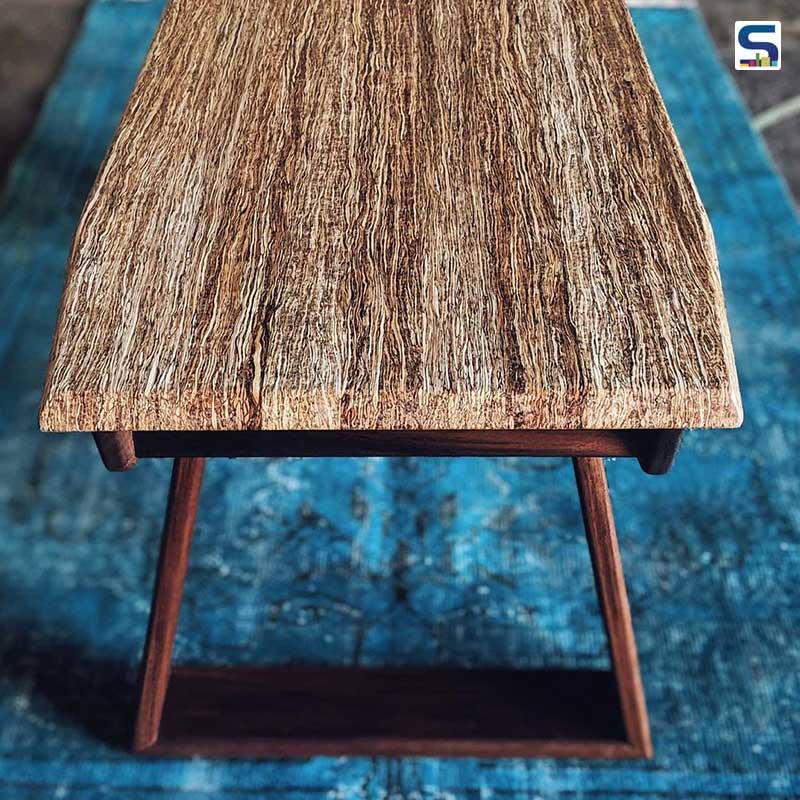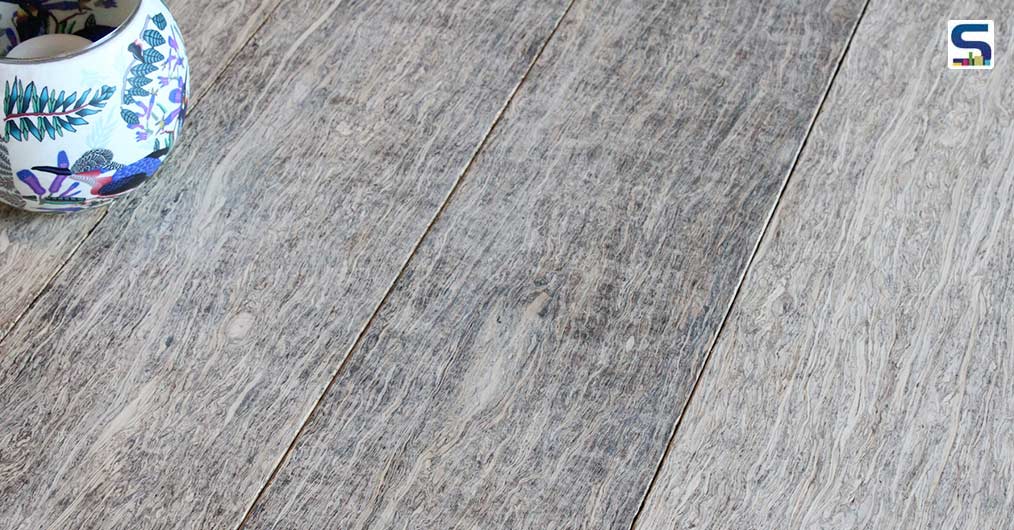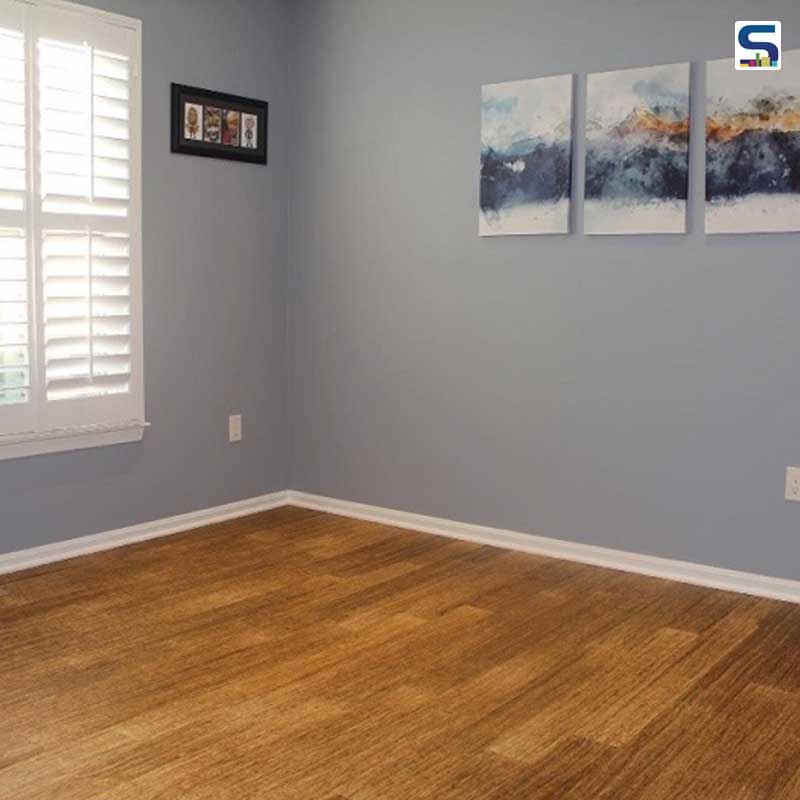
Fibonacci owner Greg Wilson has developed HempWood, an American-produced wood material made from a fast-growing agricultural product. A premier wood substitute that has the smallest ecological footprint compared to lumber alternative, HempWood is an alternative to wood and can be used in furniture, construction materials and flooring applications. Hemp is known for its versatility; however regulations and restrictions in many parts of the world have hampered its research and development.
With an educational background in vinyl siding and wood flooring, Wilson established Fibonacci – which is commonly known around as HempWood – with a focus on its primary product. Since it is made of all-natural, US-grown hemp, no trees are harmed in the making of HempWood.

The product is expected to see the opportunity to sit alongside the major players in the wood industry. At present, its product line includes flooring, furniture, countertop and accent walls. Nearly any indoor applications that are made out of hardwood, tropical wood, cork, bamboo, eucalyptus or any other agricultural product, can be made using HempWood. That said, it is 20 per cent harder than hickory as well.
Wilson had worked in China with bamboo, another plant-to-product material. Although bamboo is a versatile material, it lacked the strength of a commercial product. Wilson and team discovered a process that would turn bamboo into a more durable product. Thereon, he used a similar process with strand wood eucalyptus. Over time as the availability of hemp and its interest increased, Wilson returned to the US and opened a shop in Kentucky, where he used his experience in the advancement of hemp development.

Compared to traditional wood such as oak, maple and hickory that take 50-100 years to grow, hemp grows quickly and is ready for harvest in 120 days. In addition, hemp as a plant creates cleaner air by releasing oxygen and removing carbon. Each part of hemp is used, thereby eliminating any waste. As for HempWood, only the bottom part of the plant is used, while the upper part is used for other commercial purposes. As a bio-based product, HempWood avoids creating future issues with its natural ability to biodegrade. Even the non-toxic, soy-based adhesive can dissolve back into the soil. Hemp, therefore, can provide a renewable option for the wood industry. Despite burning HempWood, it will not get one high and is harder than American hardwood.
Wilson informed a leading daily that hemp is a wood composite comprised of greater than 80 per cent hemp fiber. The entire stalk is put through a crushing machine which then breaks open the cell structure. It is then dunked into enormous vats of soy protein, mixed with water and with the organic acid used by the paper towel industry.
Wilson’s HempWood sources the materials from hemp farms located within 100 miles. This reduces transportation costs and carbon emissions.
Image credits: HempWood